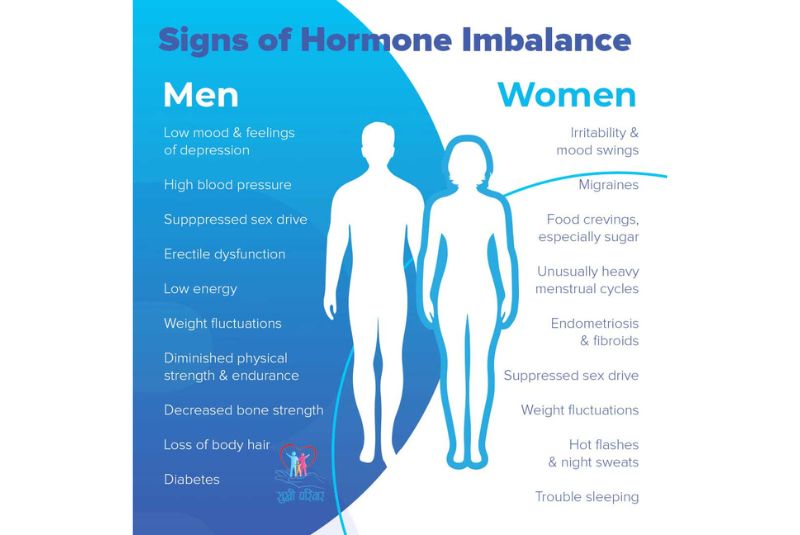Navigating Hormonal Imbalances and Their Impact on Male Health | Balancing Act
Hormones serve as the messengers of the body, orchestrating a symphony of functions that regulate everything from growth and metabolism to reproduction and mood. In the realm of male health, hormonal balance plays a pivotal role in overall well-being, reproductive function, and vitality. This article delves into the intricate world of hormonal imbalances, shedding light on their causes, effects, and strategies to achieve equilibrium for a healthier life.
The Hormonal Landscape of Male Health
a. Testosterone:
Often considered the quintessential male hormone, testosterone influences a wide range of physiological processes, including muscle mass, bone density, mood, and sexual function.
b. Luteinizing Hormone (LH) and Follicle-Stimulating Hormone (FSH):
These hormones are instrumental in regulating the production of testosterone and sperm in the testicles.
Causes of Hormonal Imbalances
a. Age:
As men age, there is a gradual decline in testosterone levels, leading to changes in muscle mass, energy levels, and sexual function.
b. Medical Conditions:
Conditions such as hypogonadism, diabetes, thyroid disorders, and obesity can disrupt hormonal balance and impact male health.
c. Lifestyle Factors:
Excessive stress, poor sleep, unhealthy diet, lack of exercise, and substance abuse can contribute to hormonal imbalances.
d. Medications:
Certain medications, including steroids and some antipsychotics, can interfere with hormonal regulation.
Effects of Hormonal Imbalances
a. Low Testosterone (Hypogonadism):
Low testosterone levels can lead to fatigue, reduced muscle mass, diminished libido, erectile dysfunction, and mood disturbances.
b. High Estrogen:
Elevated levels of estrogen relative to testosterone can lead to weight gain, gynecomastia (enlarged breast tissue), and changes in mood.
c. Thyroid Imbalances: Thyroid hormones play a crucial role in metabolism and energy regulation. Thyroid disorders can result in weight fluctuations, fatigue, and changes in body temperature.
Seeking Equilibrium: Strategies for Hormonal Balance
a. Healthy Lifestyle Choices:
Prioritizing a balanced diet rich in nutrients, regular exercise, adequate sleep, and effective stress management can support hormonal equilibrium.
b. Medical Intervention:
In cases of severe hormonal imbalances, healthcare providers may recommend hormone replacement therapy (HRT) to restore optimal levels and alleviate symptoms.
c. Natural Supplements:
Some natural supplements, like vitamin D, zinc, and omega-3 fatty acids, have been associated with promoting hormonal balance.
d. Stress Management:
Engaging in relaxation techniques such as meditation, deep breathing, and yoga can help mitigate the negative effects of chronic stress on hormonal health.
e. Regular Check-ups:
Routine medical check-ups and hormone level assessments can help detect imbalances early and guide appropriate interventions.
Hormonal imbalances are a complex interplay of factors that can impact every facet of male health, from physical vitality to emotional well-being. Understanding the importance of hormonal balance and its role in maintaining a healthy and fulfilling life is paramount. By adopting a holistic approach that encompasses lifestyle modifications, proper nutrition, stress management, and medical guidance, individuals can strive to achieve hormonal equilibrium. Taking proactive steps to address hormonal imbalances empowers men to reclaim their vitality, enhance their overall health, and pave the way for a life marked by optimal well-being and longevity.

